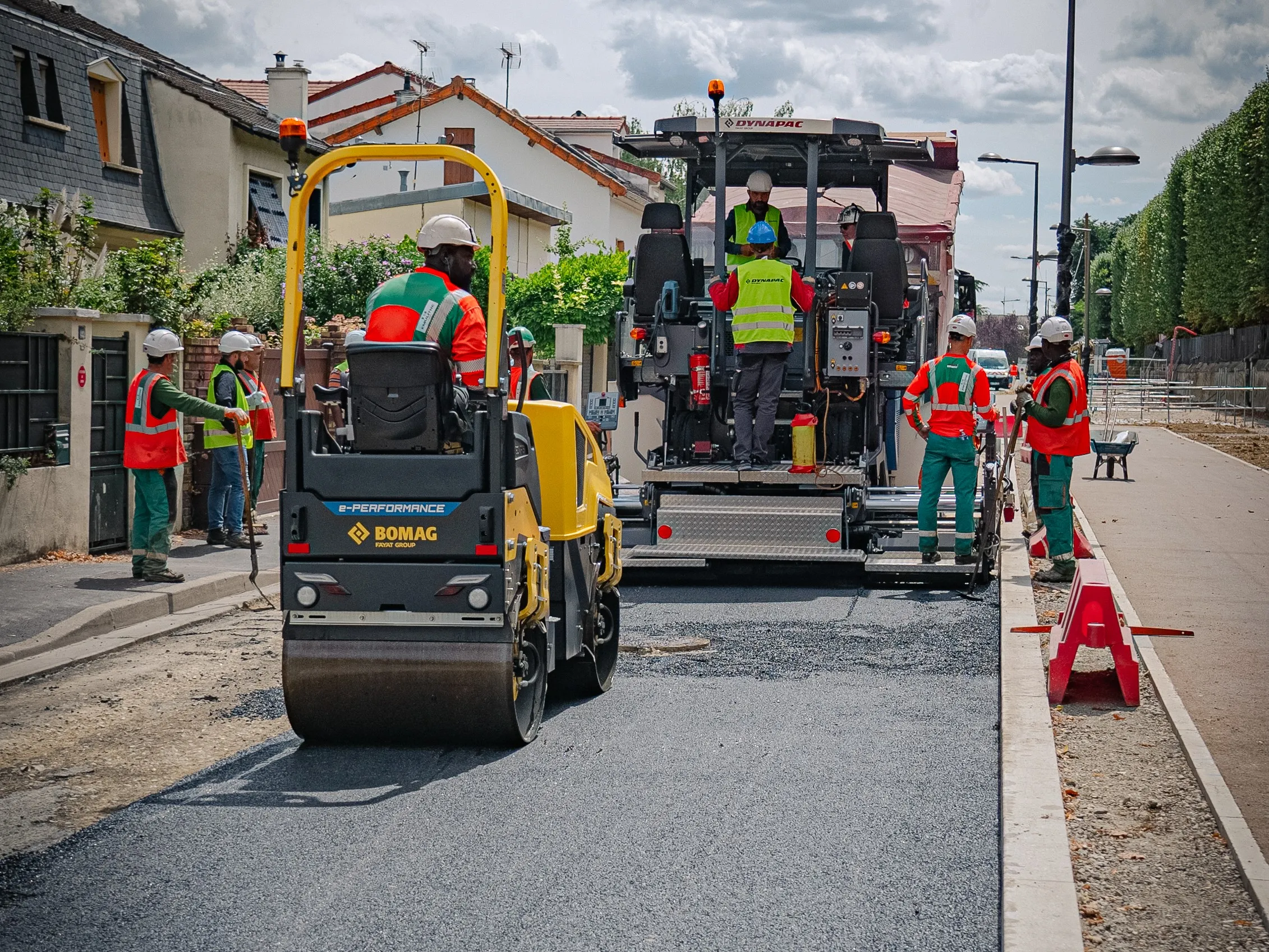The European Investment Bank (EIB) has granted a US$237 million loan to the Renault Group to contribute to R&D for a new generation of batteries and motors for electric vehicles.
March 15, 2012
Read time: 2 mins
The 1054 European Investment Bank (EIB) has granted a US$237 million loan to the 2453 Renault Group to contribute to R&D for a new generation of batteries and motors for electric vehicles. This loan will be deployed in France and the main main objective is to make electric vehicles more competitive and ultimately speed up the development of a mass market. Lowering consumption of CO2 emissions and other harmful pollutants is also at the heart of this research programme, with a potential annual reduction of more than 150,000 tonnes of CO2 compared to vehicles fitted with conventional engines.
“We support leading-edge technologies since they shape the future in terms of sustainable development and competitiveness”, remarked EIB VP Philippe de Fontaine Vive. “This cooperation will enable us to prepare together the future of the motor industry in Europe, whose citizens will be the first to benefit in their day-to-day lives.”
This loan continues the quality partnership established between the EIB and the Renault Group. In 2009, the Group received a US$527 million loan from the EIB for its research, development and innovation (RDI) activities aimed at optimising and increasing the efficiency of conventional powertrains and developing wholly electric vehicles.








